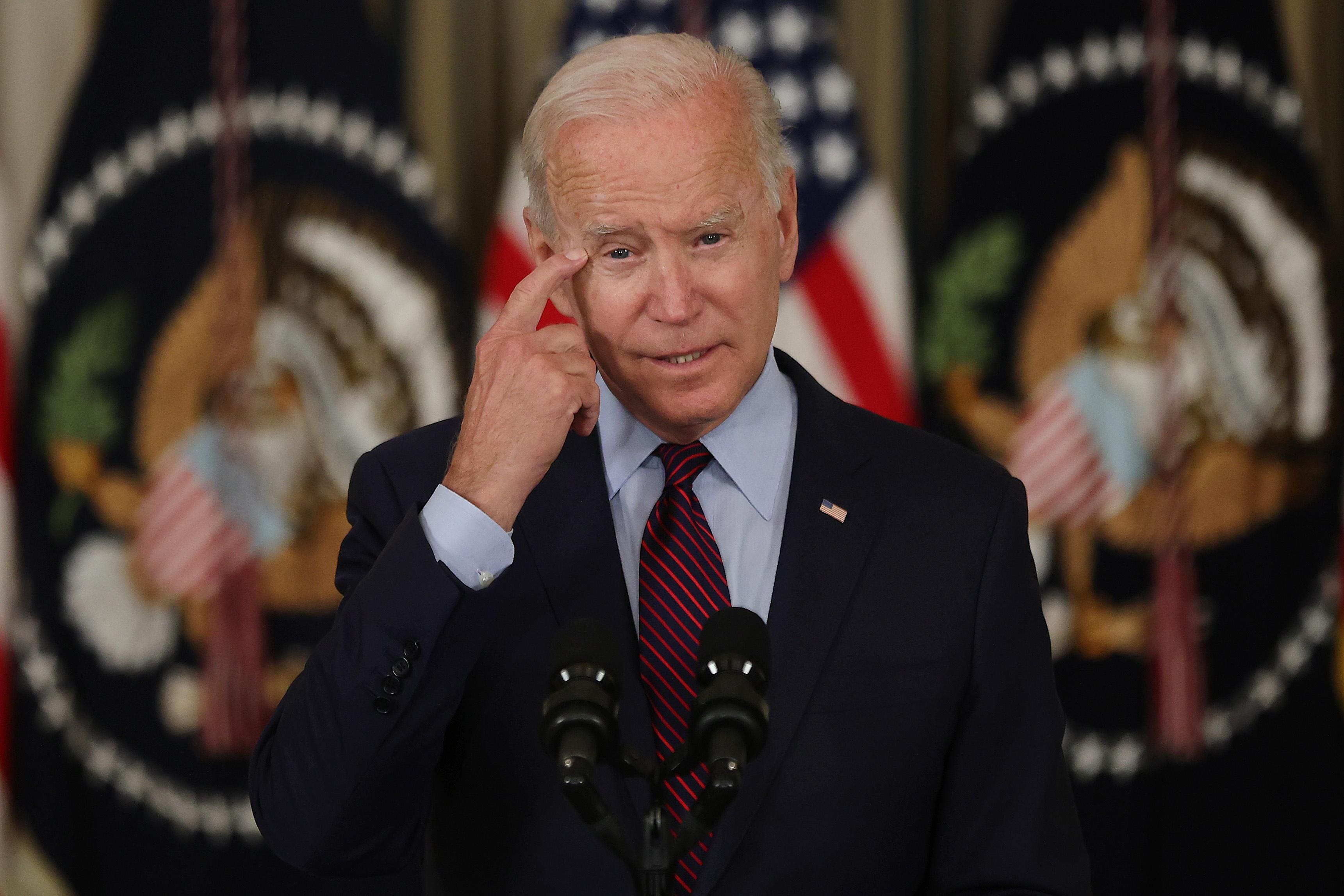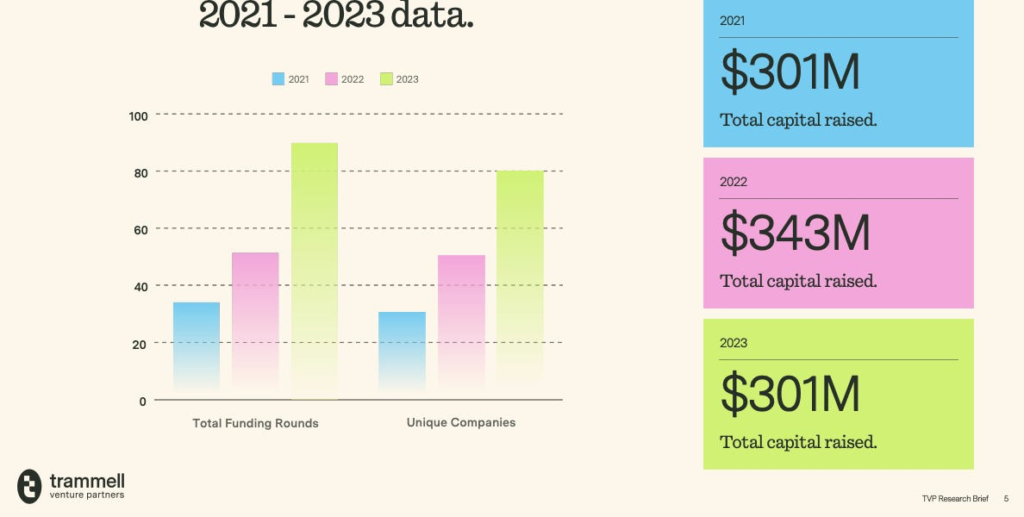 Bitcoin Bitcoin has just undergone its latest halving supply cut, triggering “unprecedented” crypto “chaos.”
Bitcoin Bitcoin has just undergone its latest halving supply cut, triggering “unprecedented” crypto “chaos.”
Subscribe now to Forbes’ CryptoAsset & Blockchain Advisor and “uncover blockchain blockbusters poised for 1,000% plus gains” in the aftermath of bitcoin’s halving earthquake!
The bitcoin price, up over 300% since crashing to its late 2022 lows of around $15,000 per bitcoin, has stormed into 2024 even as fears swirl of a “rapid, cataclysmic” U.S.dollar collapse .
Now, as traders bet on whether China could be about to cause another bitcoin price earthquake , a pair of U.S.senators have introduced a new crypto bill to Congress, designed to regulate dollar-pegged stablecoins, and described as a “huge disaster” by one expert.
Sign up now for the free CryptoCodex — A daily five-minute newsletter for traders, investors and the crypto-curious that will get you up to date and keep you ahead of the bitcoin and crypto market bull run
MORE FROM FORBES Billionaire Mark Cuban Issues Post-Halving Bitcoin Warning Amid ‘Unprecedented’ Crypto Fee Price ‘Chaos’ By Billy Bambrough MORE FOR YOU Huawei s Pura 70 Ultra Beats iPhone With Pioneering New Feature Sh gun Episode 10 Review A Powerful Finale But Not What I Was Expecting Trump Ally Warned Ex-President About Keeping Classified Docs—Over A Year Before Indictment, FBI Filing Says
The 179-page U.S.stablecoin bill introduced last week by senators Cynthia Lummis, R-Wyo., and Kirsten Gillibrand, D-N.Y., would create “clear rules of the road” for stablecoin issuers like Circle and Tether Tether and potentially trigger a round of mergers and acquisitions between issuers and banks, according to analysts at investment bank TD Cowen.
The stablecoin market, led by Tether’s USDT and Circle’s USDC, has ballooned to a $160 billion market in recent years.Dollar-pegged stablecoins have emerged as a fast growing way for people to both move money around the world and to get access to the offshore crypto exchanges that can’t work directly with U.S.banks.
The bill “would be symbolically significant for crypto in general as it would be the first constructive crypto legislation from Congress,” the TD Cowen Washington Research Group, led by Jaret Seiberg, wrote in a note seen by The Block .
“If this approach is adopted, we believe it could lead to mergers between banks and stablecoin issuers as issuers will want the advantages of being a bank and a bank looking to play a role in stablecoins will want the user base of an existing issuer,” the group said in its note.
The bill, the latest in a series of attempts to get stablecoin legislation through Congress, would see issuing companies required to hold one-to-one cash or cash-equivalent reserves to back their coin.
Lummis called the new bill, which would create a mechanism for Federal Deposit Insurance Corporation (FDIC) conservatorship and resolution if a stablecoin issuer becomes insolvent, “the most comprehensive stablecoin bill to date.”
It would also ban algorithmic stablecoins, prevent the use of stablecoins for money laundering or other illicit purposes and hand chartering and enforcement responsibility to federal and state agencies.
“Passing this bipartisan solution is critical to maintaining the U.S.dollar’s dominance and making certain the U.S.remains the world leader in financial innovation,” Lummis, a longtime crypto advocate, said in a statement.
“It protects consumers by mandating one-to-one reserves, prohibiting algorithmic stablecoins, and requiring stablecoin issuers to comply with U.S.
anti-money laundering and sanctions rules,” Gillibrand added.
However, some from both the traditional world of finance and the crypto space have criticized the bill.
“It will be a huge disaster when any of them are passed,” Hilary Allen, an associate professor at American University’s Washington College of Law, told Bloomberg , arguing stablecoins aren’t robust enough to be a viable form of payment.
Sign up now for CryptoCodex —A free, daily newsletter for the crypto-curious
MORE FROM FORBES ‘Credible’ iPhone Dark Web Exploit Sparks Crypto Wallet iMessage Warning By Billy Bambrough
Jerry Brito, executive director of Coin Center, a non-profit crypto lobby group, wrote in a blog post the proposed bill “stifles innovation and breaches First Amendment rights by banning all algorithmic models.”
While U.S.lawmakers from both sides of the aisle are increasingly finding common ground on stablecoin legislation, the founder of crypto company Snickerdoodle Labs, Jonathan Padilla, who worked on PayPal’s PayPal PayPal stablecoin as its head of blockchain strategy until June 2021, told DLNews any such bill isn’t likely to make it through Congress until next year.
But the need for comprehensive stablecoin legislation could soon be pushed up the agenda.Venezuela’s state-run oil company PDVSA is turning to cryptocurrency to skirt U.S.oil sanctions on the country, Reuters reported , citing anonymous sources.
PDVSA has been moving oil sales to Tether’s USDT dollar-pegged stablecoin since last year.
The Wall Street Journal reports the U.S.is drafting sanctions that could cut some of China’s banks off from the global financial system, citing anonymous sources.The move would be designed to dent the China-Russia trade enabling Moscow to rebuild its military after losses in Ukraine, the report said.
Billy Bambrough.
